Focus
Your Present Location: HOME> Focus-
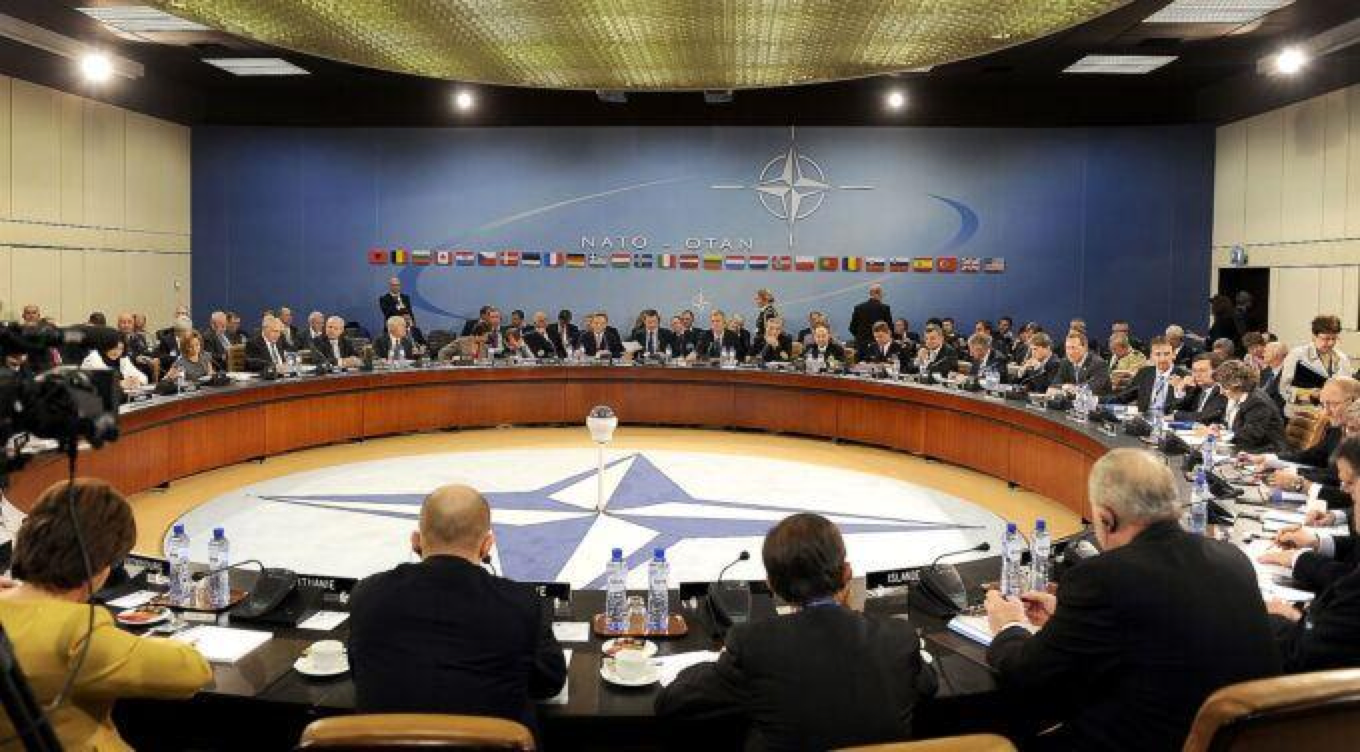
John Ross: Will Sanctions Against Russia Leads to a Global Food Disaster?
2022-05-30 -
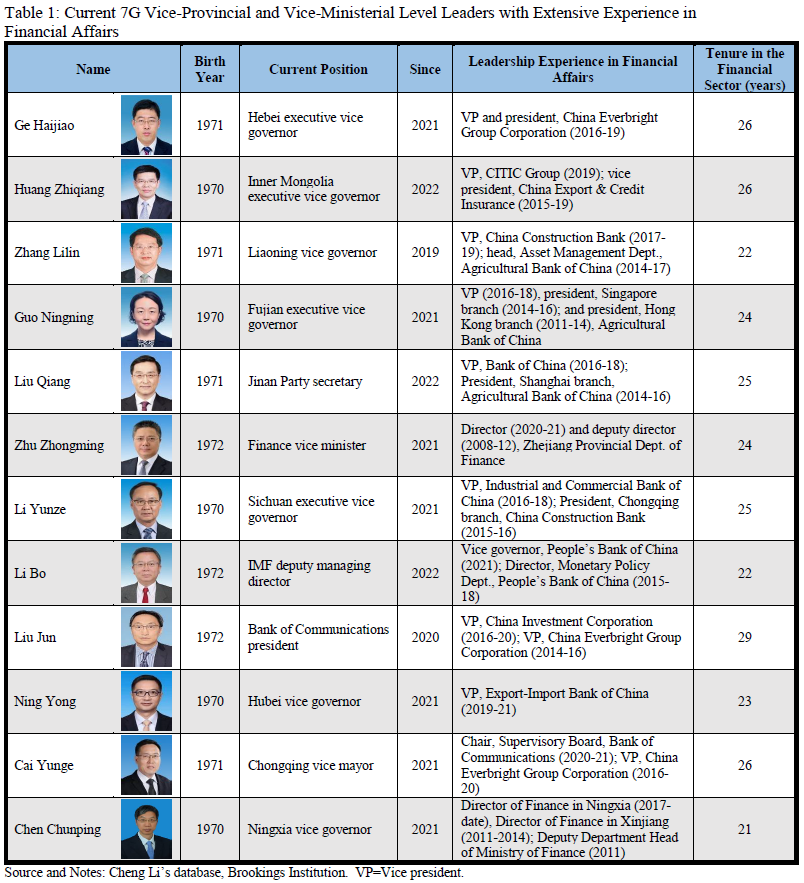
Cheng Li: Pioneers: Financial Technocrats in the Post-1970s Generation
2022-05-30 -
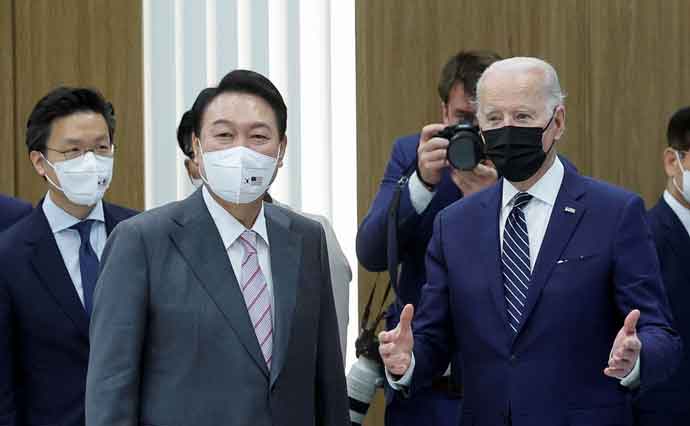
Zhao Minghao: Behind Biden’s Asia Trip
2022-05-30 -
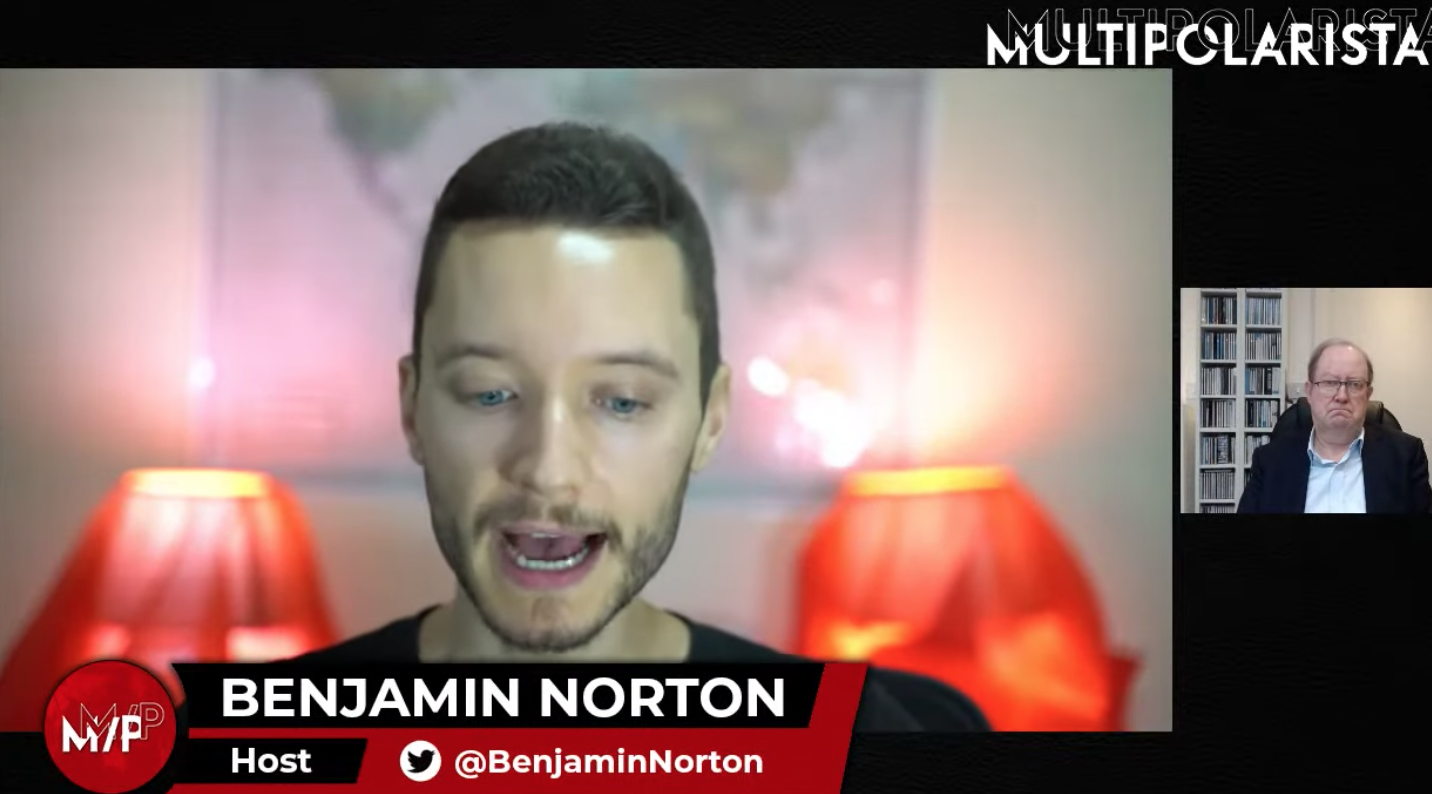
John Ross: What is 'socialism with Chinese characteristics'? Inside China's economic model
2022-05-24 -
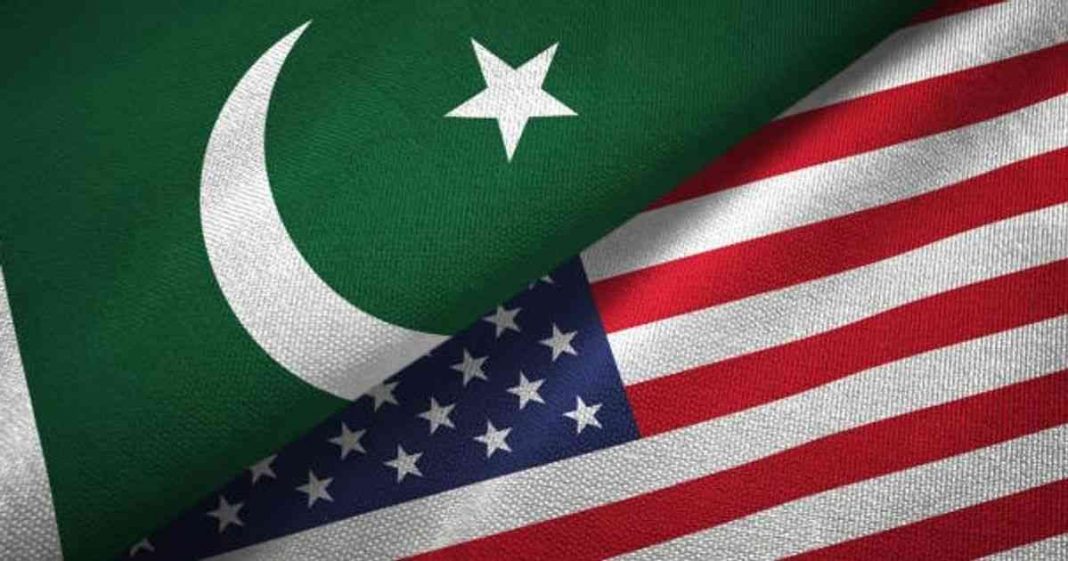
Zamir Ahmed Awan: Positive signals for Pak-US relations
Positive signals are coming from Washington. The visit of US Congresswoman Ilhan Omar and meetings with Pakistani leadership is an encouraging step to improve the trust between the two nations. She is one of only a handful of Muslim members of Congress, a Somali-born Muslim-American immigrant who represents Minnesota in the US House of Representatives. It was the first high-level visit by a member of the US Congress since a new coalition government came into power in Islamabad.
2022-04-27 -

Xi Focus-Quotable Quotes: Xi Jinping on building world-class universities
Chinese President Xi Jinping has called for blazing a new path to building world-class universities with Chinese characteristics during a visit to Renmin University of China on Monday.
2022-04-27 -
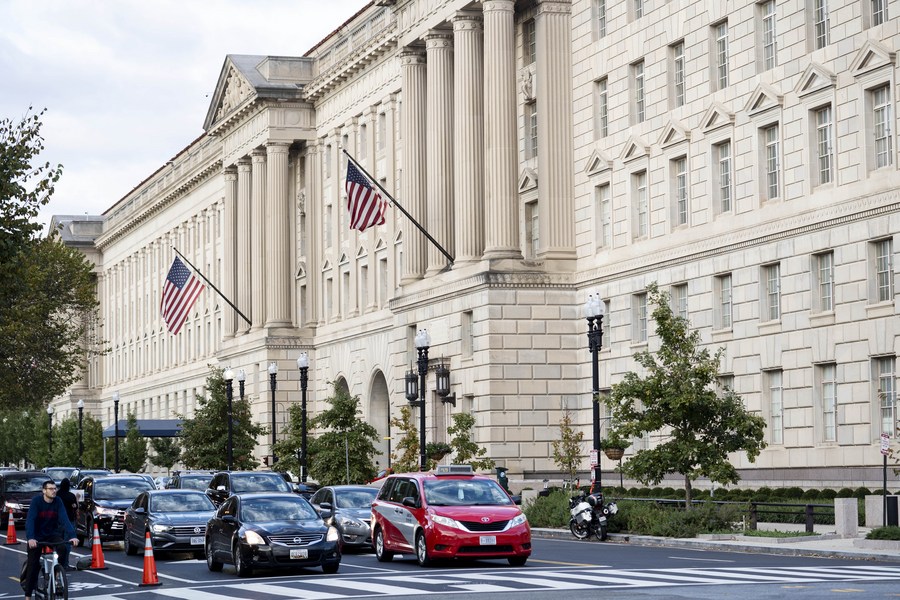
Liu Ying: Tariff cut on Chinese imports expected to ease high US inflation
Lifting tariffs on certain Chinese products will help mitigate the highest inflation in four decades in the United States and put bilateral trade relations back on a normal track this year, experts and business leaders said on Sunday.
2022-04-26 -
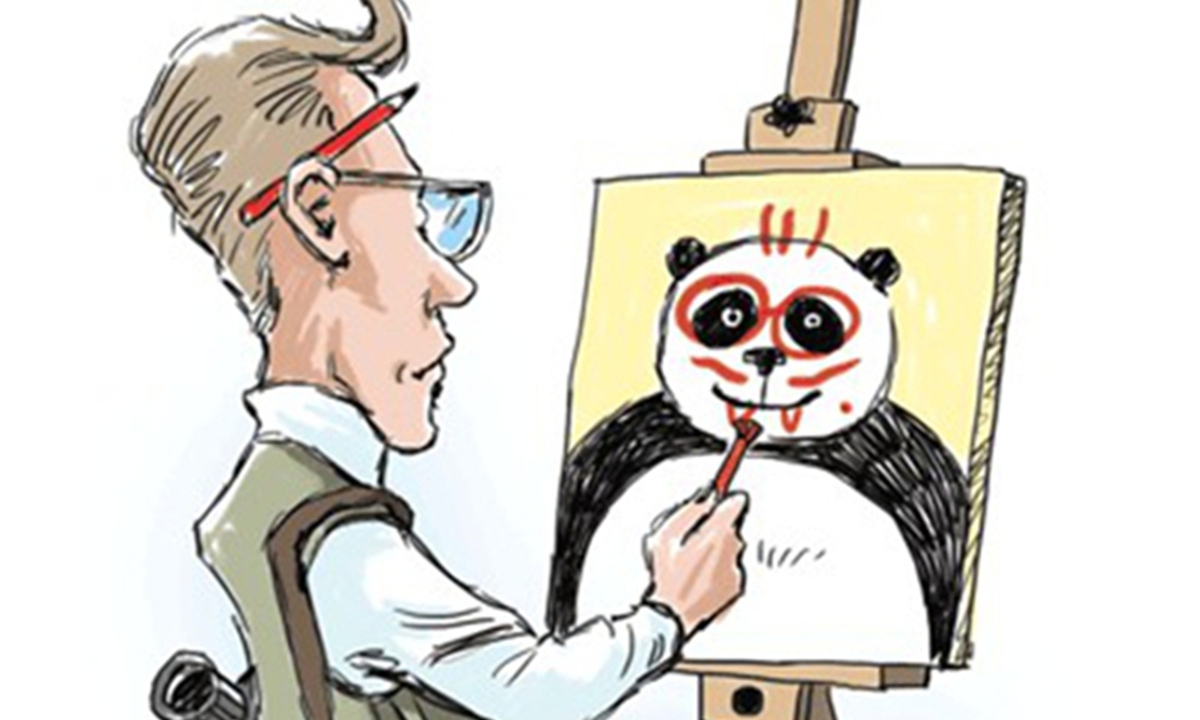
Wang Wen: Talk is vital for mutual understanding, but China won’t hesitate to fight back West’s smear
Because of my occupation, I often come into contact with many foreigners. Recently, I participated in many webinars with think tanks from the US and Europe, and also communicated with diplomats from a number of Western embassies in China. They put forward some common views on sensitive issues such as the Russia-Ukraine conflict and China's economy. I'd like to share my views.
2022-04-26 -
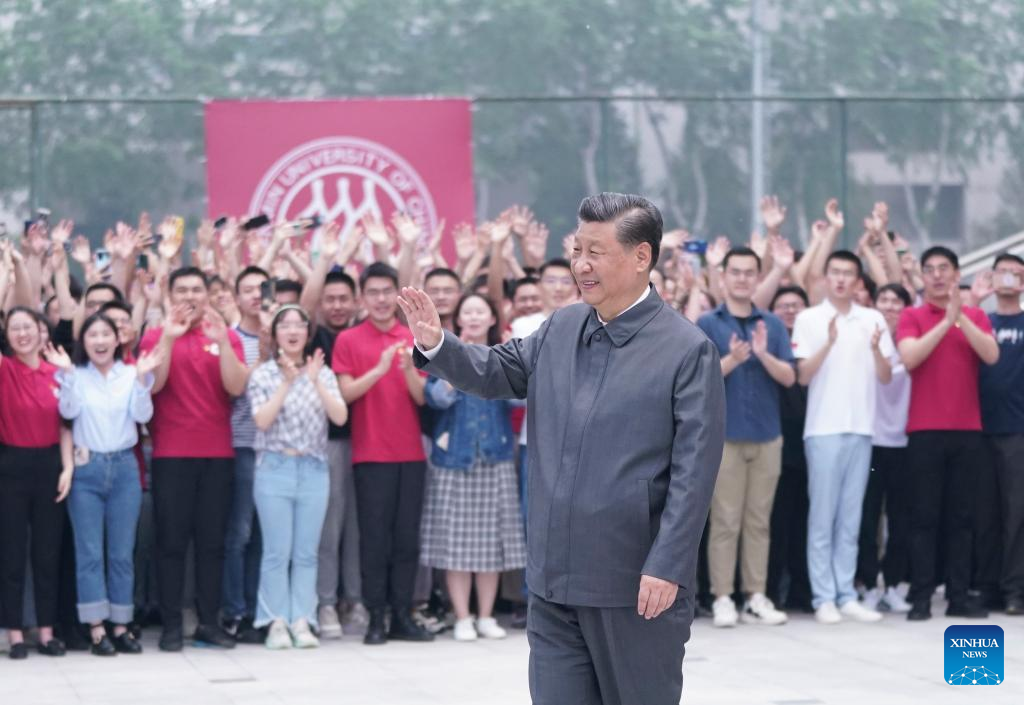
China aims for world-class universities with Chinese characteristics
China is eyeing to build world-class universities with Chinese characteristics.
2022-04-26 -
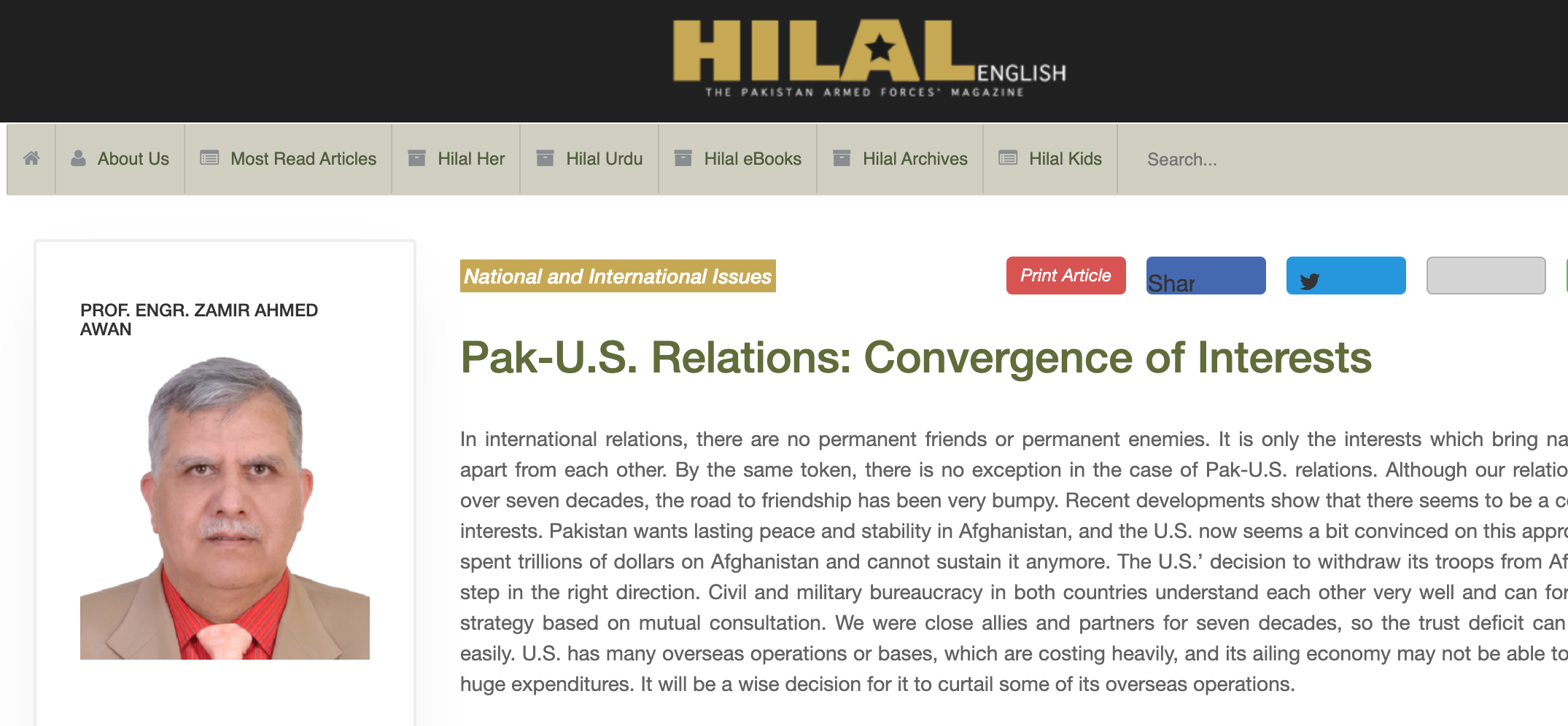
Zamir Ahmed Awan: Pak-U.S. Relations: Convergence of Interests
In international relations, there are no permanent friends or permanent enemies. It is only the interests which bring nations close or apart from each other. By the same token, there is no exception in the case of Pak-U.S. relations. Although our relations are spread over seven decades, the road to friendship has been very bumpy.
2022-04-25 -
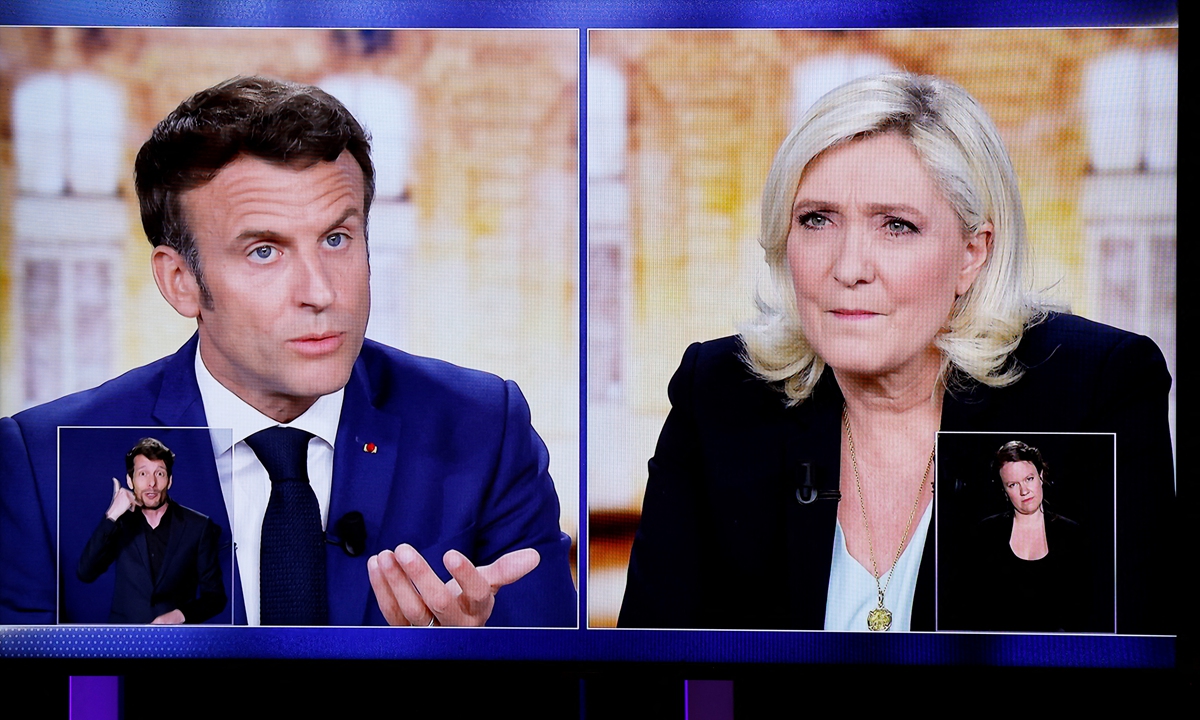
Wang Yiwei: US, EU show keener interest in French elections, ‘reflect West’s anxiety’
2022-04-25 -
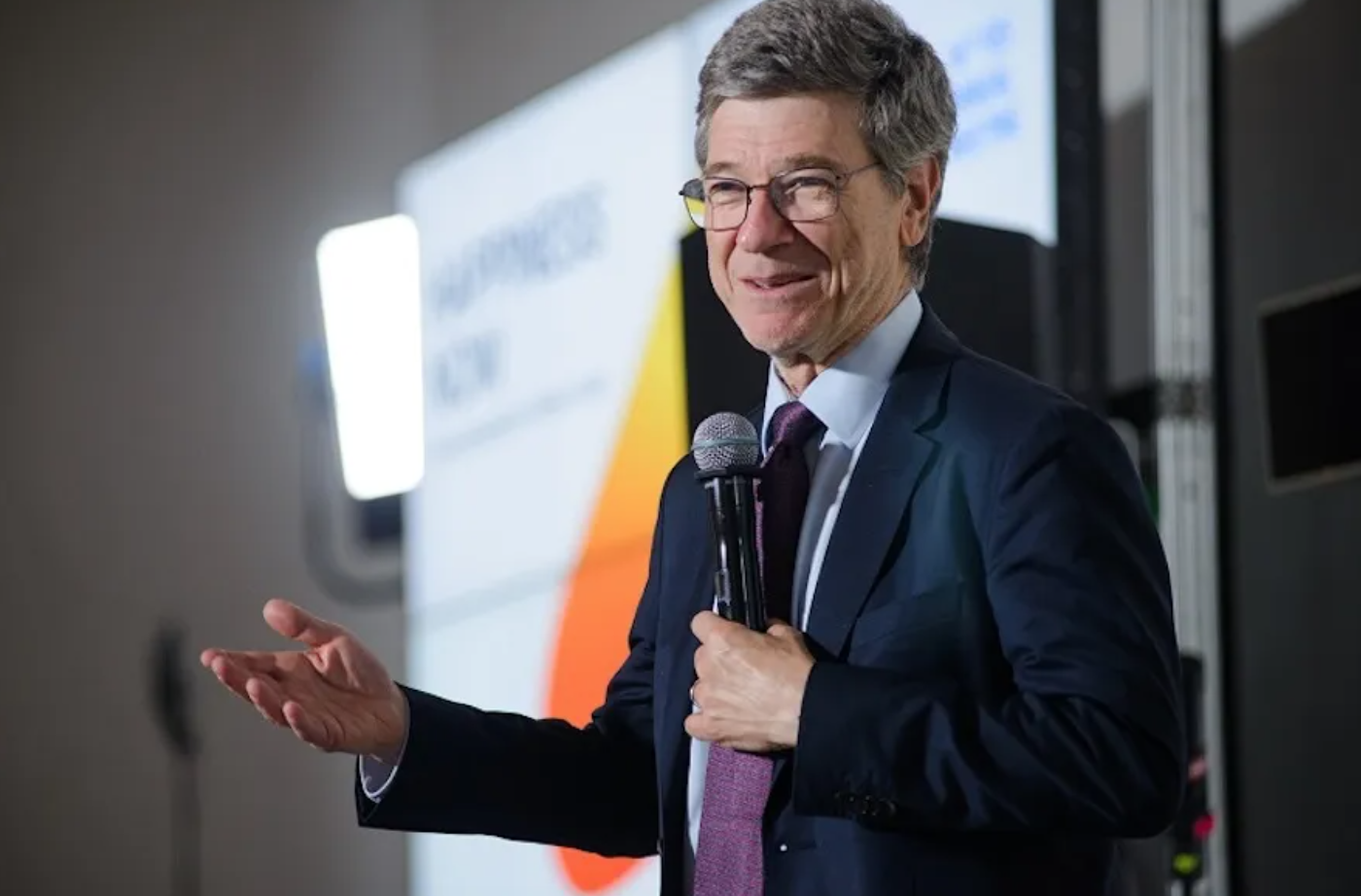
Jeffrey Sachs on Ukraine: Talk, don’t escalate
Members of the Leadership Council of the UN Sustainable Development Solutions Network (SDSN), which includes high-ranking university, private-sector, and government leaders, sent a letter this month to UN member states calling for urgent and intensified diplomacy to end the war in Ukraine.
2022-04-25 -
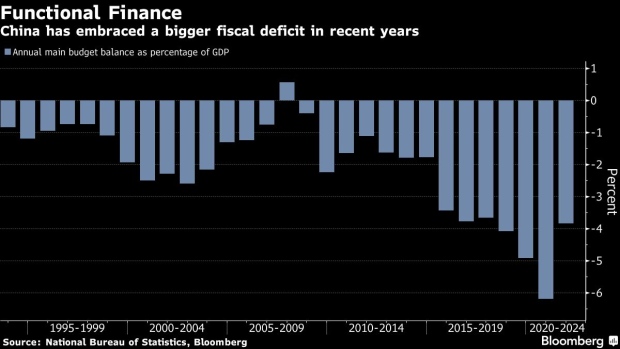
Liao Qun: China’s Economists Are Getting Into Modern Monetary Theory
Modern Monetary Theory can inspire China to make sure central bank easing supports government spending, several prominent economists said, as Beijing turns to fiscal policy to boost economic growth.
2022-04-24 -
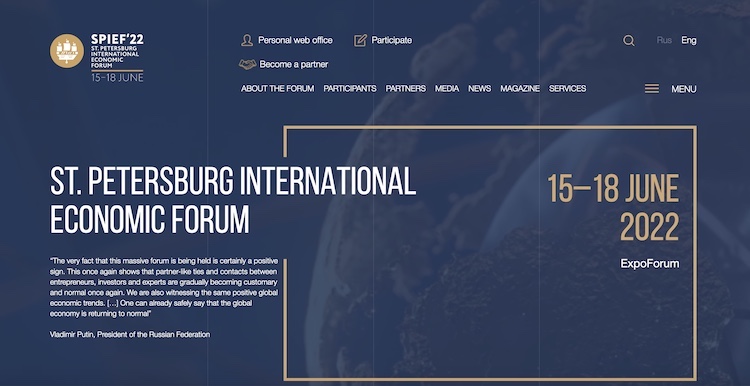
Vijay Prashad: Would the New Globalization Have an Eastern Face, If Western-Led Globalization Ends?
An article written by authors John Micklethwait and Adrian Wooldridge for Bloomberg on March 24 sounded the alarm to announce the end of “the second great age of globalization.” The Western trade war and sanctions against China that predated the pandemic have now been joined by the stiff Western sanctions imposed against Russia after it invaded Ukraine.
2022-04-24 -

The Age of the Strongman by Gideon Rachman: a timely and depressing book
Over the past couple of decades, a dozen or so ruthless, socially conservative nationalists have risen to power across the globe. Their “archetype” is Vladimir Putin, said Owen Bennett-Jones in Literary Review – the “founding father of modern despotism”; others in his mould include Rodrigo Duterte of the Philippines, Brazil’s farright leader Jair Bolsonaro, and Narendra Modi, the Hindu nationalist prime minister of India.
2022-04-24 -
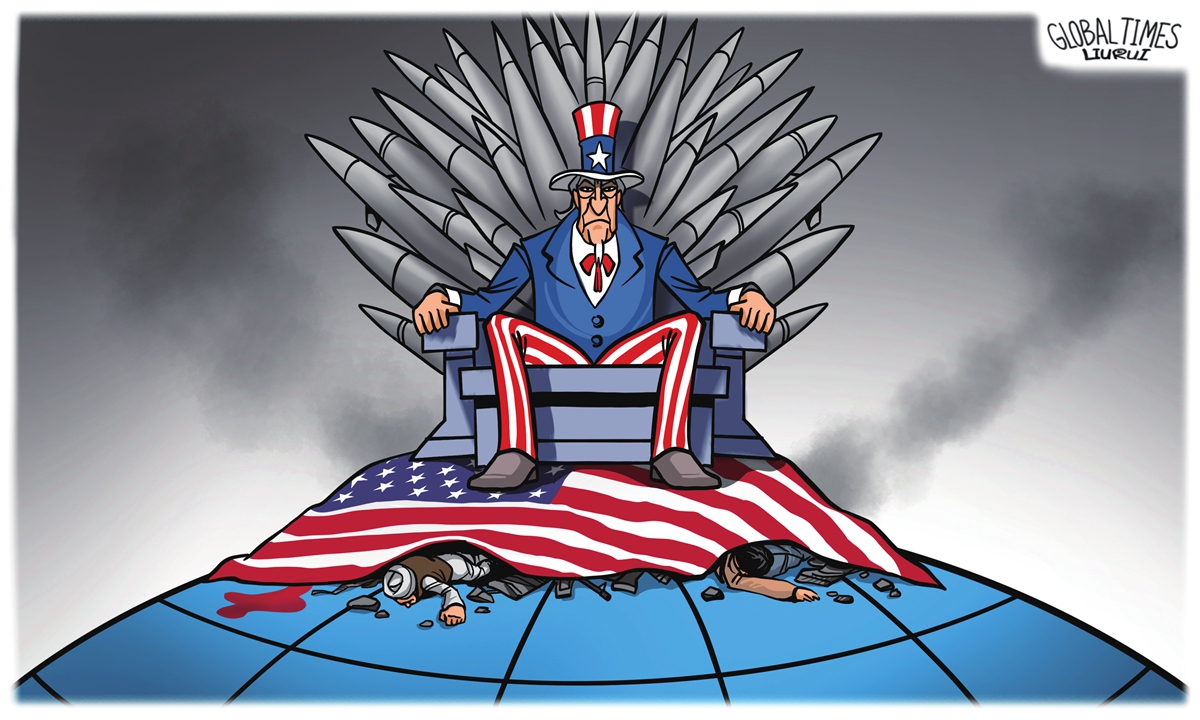
Wang Yiwei: US vows more weapons supply to Ukraine, aimed at ‘prolonged attrition’ to Russia
While the Russia-Ukraine crisis enters a new phase as fighting in the Donbas region intensifies, the US and its Western allies pledged more military assistance to Kiev, ramping up efforts to pressure and consume the power of Russia.
2022-04-21 -
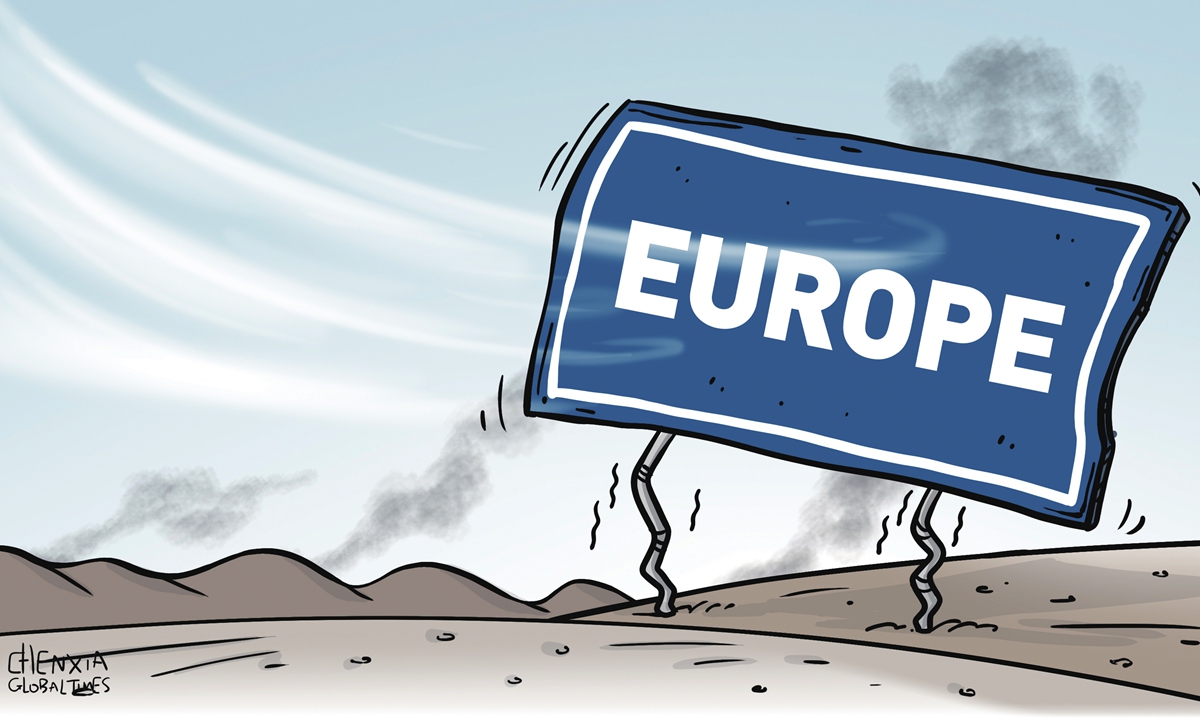
Ding Gang: Ukraine crisis will revive Europe’s conservatism
Europe's right-wing and conservative tendencies are intensifying in what could be one of the most noteworthy changes of the century.
2022-04-21 -

Zamir Ahmed Awan: Sri Lanka thrown into chaos and anarchy
Desperately Sri Lanka is knocking on the doors of IMF. A Sri Lankan delegation heads to Washington, looking to secure up to $4 billion from the International Monetary Fund (IMF) and other lenders to help the island nation pay for food and fuel imports and limit debt defaults.
2022-04-21 -
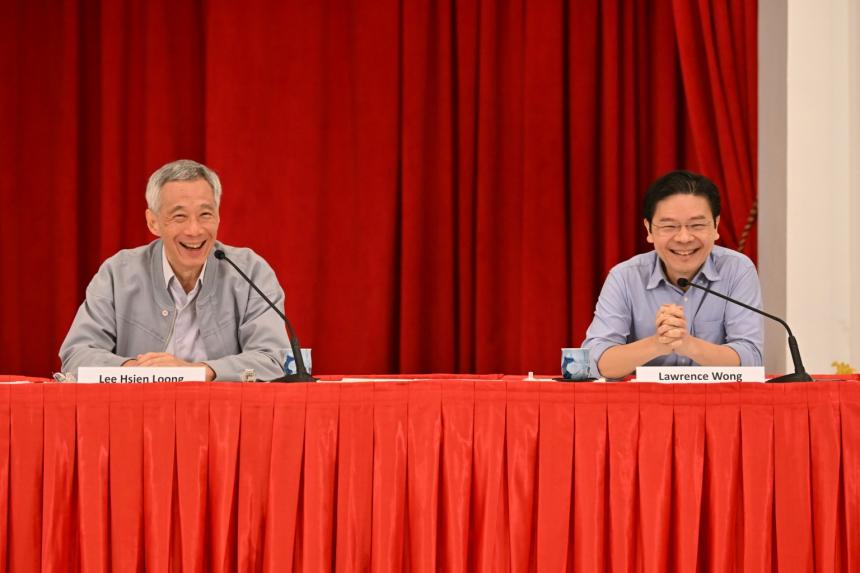
Vijay Prashad: Taking away political sovereignty is an old habit of colonialism
With the Ukraine crisis continuing, the West has spared no effort to persuade New Delhi to "stand with the West" to condemn Moscow. Is this another embodiment of the West's "colonial mentality" and "colonial structures and institutions"? Vijay Prashad (Prashad), an Indian Marxist scholar and Executive Director of Tricontinental: Institute for Social Research, shared his insights with Global Times (GT) reporter Lu Yuanzhi.
2022-04-20 -
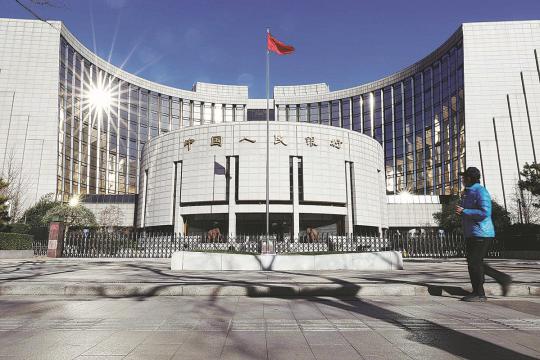
Zhao Xinjun: PBOC announcement to help keep economic growth stable
China's central bank on Friday announced a cut in the amount of cash that banks must hold as reserves, which is expected to free up 530 billion yuan ($82.95 billion) in long-term liquidity, as part of the country's efforts to support development of the real economy and reduce comprehensive financing costs.
2022-04-20
























































































 京公网安备 11010802037854号
京公网安备 11010802037854号





